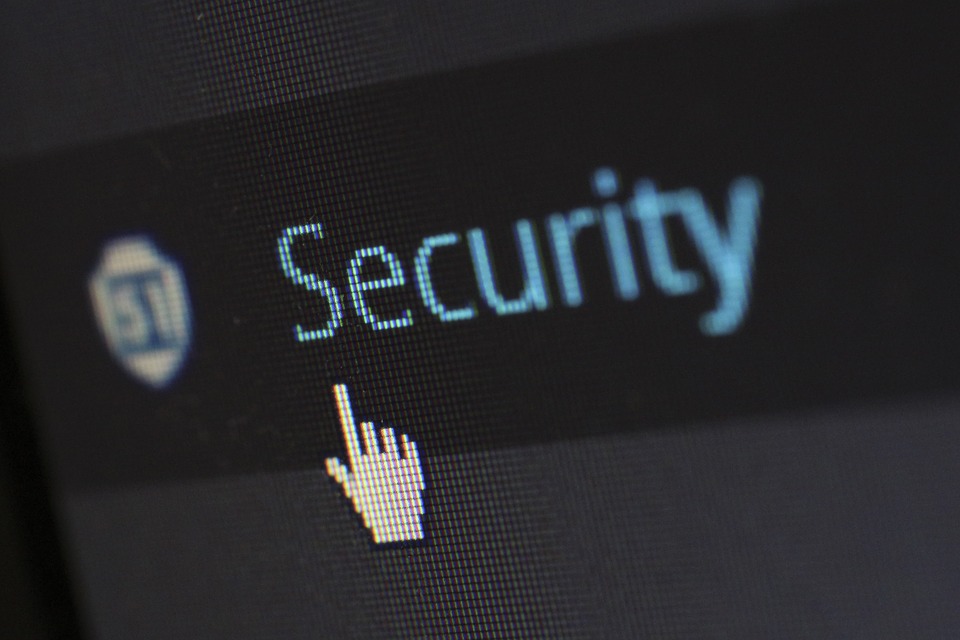CryptoLocker is a type of virus, a Trojan horse. A virus that infects your computer and then searches for files to encrypt. Blocks access to them. Initially, they played the role of a mechanism blocking access to data. They first appeared on the Internet in 2013 and were targeted at Windows computers.

- Computer anti-virus protection – check recommended ESET, AVAST and Bitdefender
- Data backups – check the recommended Acronis Backup software and cloud drives
- Antivirus protection for phones, tablets and other mobile devices – check recommended ESET, AVAST and Bitdefender
Cryptolocker viruses quickly gained popularity. Today they are known as ransomware. Ransomware viruses are a type of software designed to extort money from a victim by blocking access to computer resources, disks and the cloud. Data is blocked using private and public keys, and access is most often unlocked after paying the „ransom” and receiving the key. But this is not a guaranteed solution. It is best to prevent your computer from being infected than to try to regain control of your data.
The cryptolocker virus can cause serious damage to personal and business computers in your company. one method of securing yourself (not just protection) is backing up important files and documents, which will allow access to data from another computer. Regular anti-virus scanning and background software will block the launch of such software or warn the user in advance of a potential threat. In this way, you can effectively minimize the risk of infection.
Common methods of infection, risk and protection
Forcing, encryption and encryption robots are often mentioned when talking about ransomware or cryptolockers. Malware encrypts all files on your computer and can spread throughout the entire network. Displays a command (instead of the usual interface) explaining what the user needs to do to recover their files. This is one form of blackmail. Ransomware and cryptolockers spread very similarly. Just like other computer viruses. Malware / virus usually reaches computers via fake email attachments, e.g. .ZIP data archive files, or fake payment invoices. The appearance of viruses can also occur through vulnerabilities in the web browser or file hosting services, such as as Dropbox.
There are many preventative measures that can be taken against ransomware and cryptoloker. First of all, you should try to recognize fake emails. If you are unsure about emails, you should be skeptical about not clicking on them. Open attachments only if you are 100% sure that the content is authentic and you can trust the source. It is also recommended to:
- Update the operating system as well as anti-virus software. Otherwise, no new threats will be detected.
- Regularly back up your most important files to external storage media. In the event of data loss, you can easily restore data.
- Always keep the operating system firewall enabled; can provide additional protection and doesn’t work with administrative privileges.
- Do not use software with known vulnerabilities; an example is Adobe Flash Player.
Free antivirus software distributed on the Internet can also be an effective means of protection. However, a free antivirus program should provide real-time protection. Most paid programs additionally provide new services, such as protected folders, that allow you to open suspicious files without damaging your computer. They also provide protection for online banking by introducing additional security for transactions and data used to carry them out.